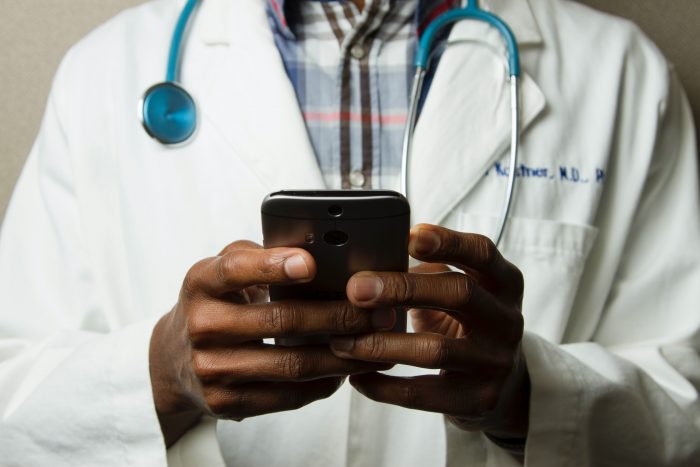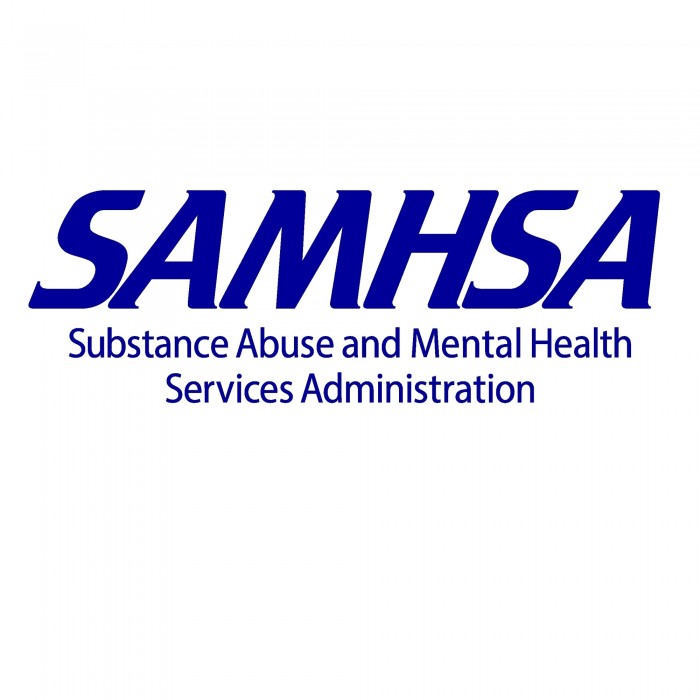The Substance Abuse and Mental Health Services Administration (SAMHSA) has announced the opening of nominations for the inaugural SAMHSA Trailblazers in Advancing Recovery (STAR) Awards. These awards aim to recognize individuals, including youth and family members, with lived experience of mental health and/or substance use conditions for their contributions. Additionally, the awards will honor organizations that have demonstrated a commitment to promoting equitable access to wellness and recovery supports. Nominations can be submitted through the official nomination page. This initiative marks a significant step in acknowledging leaders and organizations dedicated to advancing mental health and substance use recovery efforts.
samhsa
Today is Children’s Mental Health Awareness Day
OMHSAS PATH Grant Application Open for Public Comment
The Office of Mental Health and Substance Abuse Services (OMHSAS) invites public review of the Fiscal Year 2024 Projects for Assistance in Transition from Homelessness (PATH) grant application on the Mental Health in PA website. The PATH grant, established under the Stewart B. McKinney Homeless Assistance Amendments Act of 1990, assists individuals with serious mental illness facing or at risk of homelessness. The application, submitted annually to the Substance Abuse and Mental Health Services Administration (SAMHSA), is open for public comment until 10:00 am Friday, March 22, 2024. For questions or comments, please contact Lauren MacWithey, Pennsylvania PATH Grant Coordinator.
Additional questions can be sent to RCPA Policy Director Jim Sharp.
OMHSAS and SAMHSA Announce On-Site SOAR Technical Assistance
The Office of Mental Health and Substance Abuse Services (OMHSAS), collaborating with the Substance Abuse and Mental Health Services Administration’s (SAMHSA) SOAR Technical Assistance Center, offers on-site technical assistance (TA) to communities interested in implementing or expanding the SSI/SSDI Outreach, Access, and Recovery (SOAR) model, aiding individuals at risk of homelessness or returning from institutions in navigating complex benefits systems. The TA, likely occurring in May or June 2024, requires community coordination and commitment. You can also view the one-pager regarding SOAR outcomes and an overview. Providers interested in participating should complete this survey. For any questions, contact Lauren MacWithey.
If you have any further questions, please contact RCPA Policy Director Jim Sharp.
DDAP Issues Licensing Alert Regarding Updated Federal Regulations for OTPs

The Department of Drug and Alcohol Programs (DDAP) has issued Licensing Alert 02-2024, effective immediately, to inform opioid treatment programs (OTP) about the recent final rule issued by the Substance Abuse and Mental Health Services Administration (SAMHSA) on February 2, 2024, concerning medications for the treatment of opioid use disorder (OUD). RCPA issued an alert to its members on February 1 announcing the final rule.
This rule modifies and updates regulations pertaining to OTP accreditation, certification, and standards for the treatment of OUD. The most crucial aspects of SAMHSA’s final rule include the permanent adoption of COVID-19 era flexibilities, allowing patients to receive more take-home doses of methadone, which is proven to enhance treatment retention and reduce illicit opioid use. The update also permits the initiation of methadone and buprenorphine treatment via telehealth through OTPs and removes stringent admission criteria, thereby improving access to care for individuals in need.
DDAP is currently reviewing the final rule, set to take effect on April 2, 2024, with a compliance deadline of October 2, 2024, and plans to issue a follow-up Licensing Alert soon. For further information, contact the Bureau of Program Licensure.
SAMHSA Final Rule Makes Permanent OTP Take-Home Flexibilities, Enables Methadone Induction Via Telehealth

SAMHSA to Host Region 3 Virtual Town Hall: Expanding the BH Workforce

The Substance Abuse and Mental Health Services Administration (SAMHSA) will host a Region 3 virtual town hall, “Expanding the Behavioral Health Workforce: Common Elements Treatment Approach,” from 9:45 am – 12:00 pm on Tuesday, December 5, 2024. The purpose of the town hall is to share information and outcomes about an innovative solution to address workforce challenges with rural, veteran, Certified Community Behavioral Health Clinic (CCBHC), and international examples.
Information is now available about the event’s speakers, including the agenda. Interested participants can register online. For inquiries, contact Jean Bennett or Jeanne Tuono of SAMHSA.
SAMHSA Releases 2022 National Survey on Drug Use and Health
SAMHSA Releases Updated CCBHC Quality Measures Guidance
The Substance Abuse and Mental Health Services Administration (SAMHSA) has released updated guidance on the CCBHC Quality Measurements. The guidance provides revisions regarding monitoring of the demonstration project programs:
- Guidance for Quality Measure Transition Planning for Existing Section 223 Demonstration States and Clinics – Transition to Calendar Year as Measurement Year;
- Guidance for Quality Bonus Program Transition Planning for Existing Section 223 Demonstration States and Clinics – Transition to Calendar Year as Measurement Year; and
- Quality Measures for Behavioral Health Clinics Technical Specifications and Resource Manual Preliminary Version September 2023.
Additionally, SAMHSA has released a series of webinars and PowerPoints aimed at providing technical assistance for CCBHC providers, listed below:
- Preparing CCBHCs for Quality Measure Data Collection and Reporting — YouTube
- Quality Measurement as a Tool for Continuous Quality Improvement at Certified Community Behavioral Health Clinics (CCBHC)
- Introducing Quality Measurement for Certified Community Behavioral Health Clinics (CCBHC) and CCBHC-PDIs and CCBHC-IAs
If you have any questions or feedback, please contact RCPA Policy Director Jim Sharp.
RCPA Member Gaudenzia Tells DEA How Telemedicine Combats Opioid Crisis















